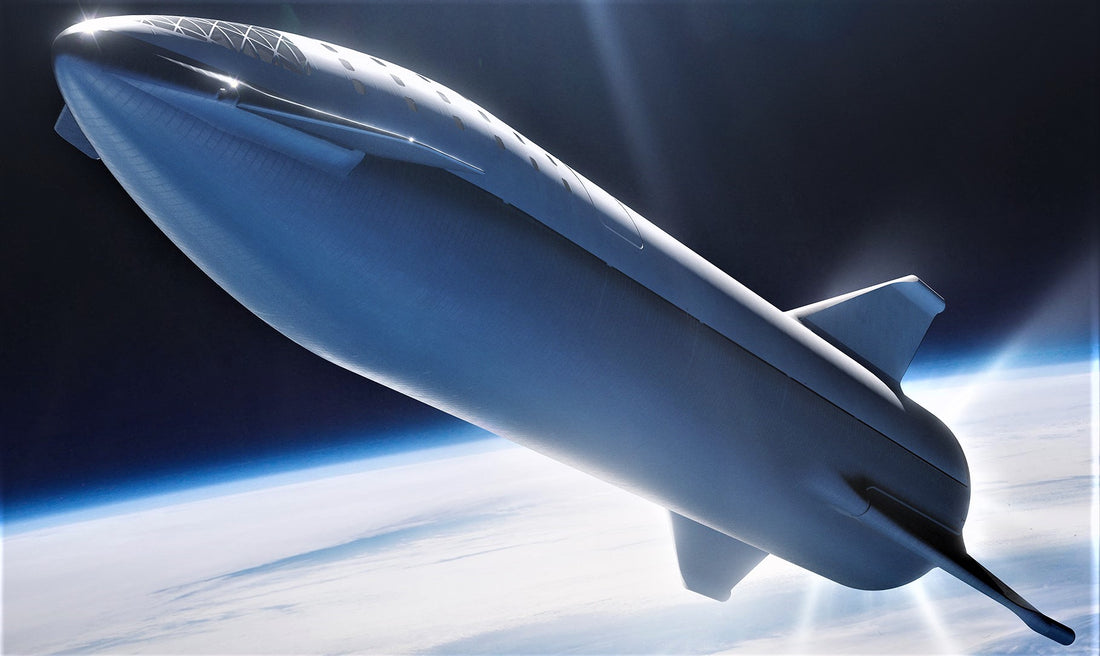
Musk Wants to Nuclear Thrust Hard Into the Deep Unknown to Reach Mars
Share
Elon Musk, the much-celebrated entrepreneur and mastermind behind Tesla, SpaceX and the Boring Company has championed the use of thermal nuclear rockets to get us to mars.
In theory, the rockets could reduce the travel time of 8 months to just over 3 months.

Sounds terrifying right?
Huge powerful rockets with a massive nuclear payload whiffing through the air.
However, the rockets themselves may actually reduce the amount of radiation exposure to astronauts as the time spent in space receiving doses of radiation would be countered by reduced travel time due to the higher power output of the rocket.
“Nuclear thermal propulsion (NTP) systems offer the greatest versatility for near-term deep space missions such as NASA’s planned Mars and near-Earth-asteroid missions, due to their superior energy density, these systems have nearly twice the efficiency of the best chemical engines paired with comparable thrust levels.”
- Dan Kotlyar, assistant professor of nuclear radiological engineering at the Georgia Institute of Technology.
Still, this does nothing to dissuade the fact that one misaligned coordinate could send a potential nuke flying who knows where...
Musk reiterated on Twitter:
“To be clear: good for in-space transit, but not recommended for Earth to orbit!”

Our current chemical-based rockets are not too different from the common car, in that they set alight to fuel and excrete exhaust through a pressure-based system that projects the craft along.
Whereas a nuclear rocket has a reactor onboard that actively heats up fuel like hydrogen or methane and blasts pressure through the system at a much higher speed.
This creates a thrust several times that of a conventional craft.
For instance, the Saturn V rocket that took man to the moon had a pulse of 421 boosters.
The average estimate of a nuclear rocket is 900 seconds and more exploratory conceptual rockets are at an astounding 100,000 seconds of thrust.

In May this year, the House Appropriations Committee approved an additional $125 million in funding to the existing $100 million from congress ina "multi-year plan" with a demonstration flight planned for 2024.
Stay tuned for more news on the future of mars travel and share to spread ARSE further as we thrust harder into the deep known...




